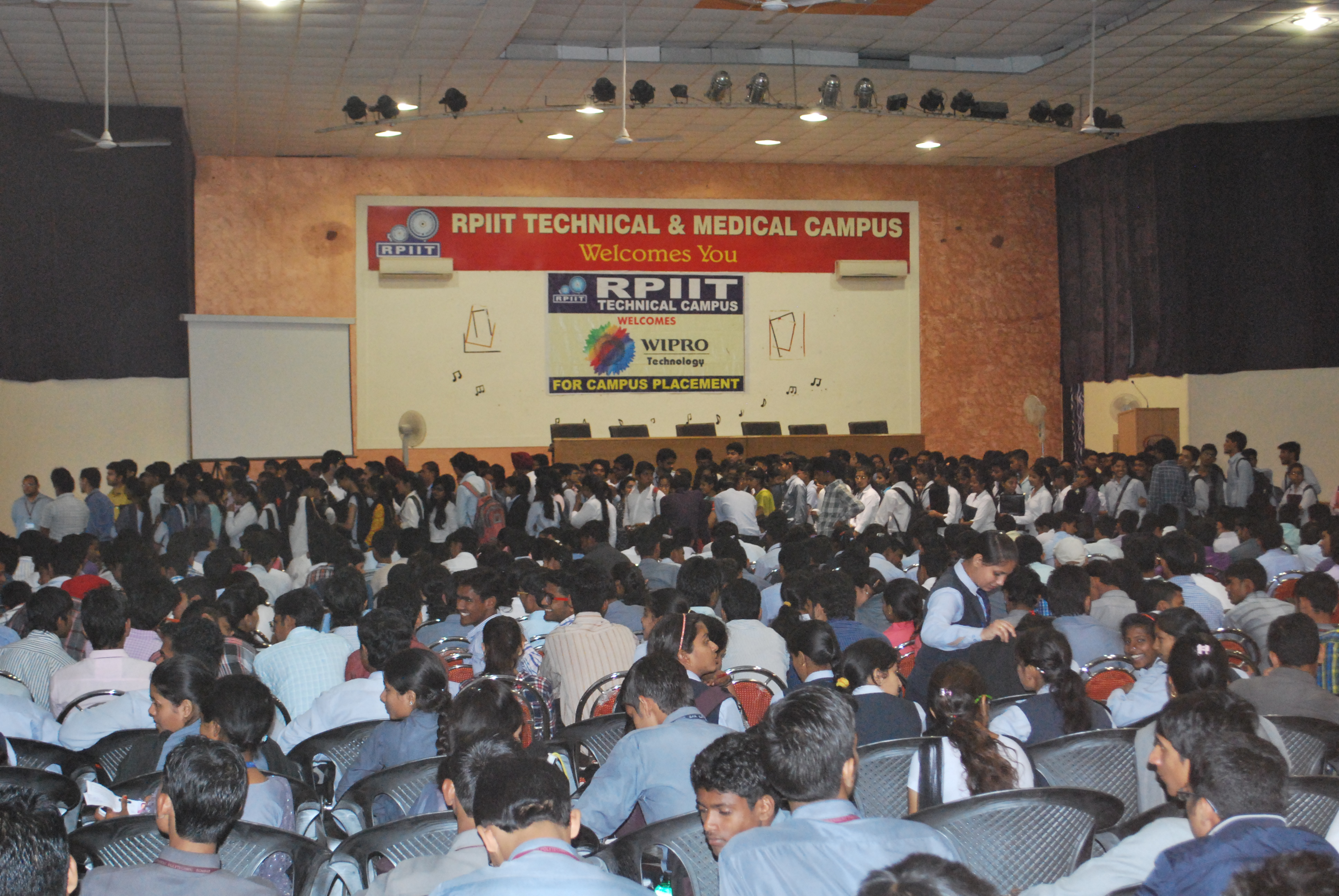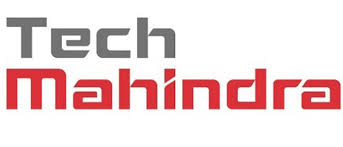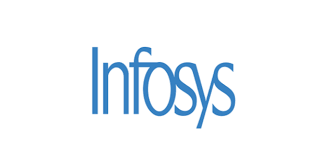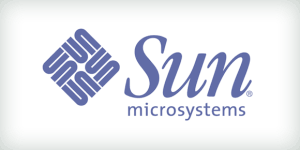Program Outcomes
Programme Outcome (PO’s)
PO-1: Demonstrate the thorough knowledge of profession and implement it for enrichment of quality of life in the society.
PO-2: Demonstrate design skills by using software’s and technical support.
PO-3: Demonstrate the ability to undertake the research projects in various fields of civil engineering using software and experimental techniques.
PO-4: Demonstrate ability for team work and lifelong learning.
Engineering knowledge:
Graduates can apply the knowledge of mathematics, science, engineering fundamentals and an engineering specialization to Civil Engineering related problems.
Problem analysis:
An ability to identify, formulate, review research literature, and analyze Civil engineering problems reaching substantiated conclusions using principles of mathematics and engineering sciences.
Design/development of solutions:
An ability to plan, analyse, design and implement engineering problems and design system components or processes to meet the specified needs.
Conduct investigations of complex problems:
An ability to use research-based knowledge and research methods including design of experiments, analysis and interpretation of data, and synthesis of the information to provide valid conclusions.
Modern tool usage:
An ability to apply appropriate techniques, resources, and modern engineering and IT tools including prediction and modelling to complex engineering activities with an understanding of the limitations.
The engineer and society:
An ability to apply contextual knowledge to assess societal, legal issues and the consequent responsibilities relevant to the professional engineering practice.
Environment and sustainability:
An ability to understand the impact of the professional engineering solutions in societal and environmental contexts, and demonstrate the knowledge of, and need for sustainable development.
Ethics:
An ability to apply ethical principles and commit to professional ethics and responsibilities and norms of the engineering practice.
Individual and team work:
An ability to function effectively as an individual, and as a member or leader in diverse teams, and in multidisciplinary settings to accomplished a common goal.
Communication:
An ability to communicate effectively on engineering activities with the engineering community and with society at large, such as, being able to comprehend and write effective reports and design documentation, and make effective presentations
Project management and finance:
Ability to demonstrate knowledge and understanding of the engineering and management principles and apply these to one’s own work, as a member and leader in a team, to manage projects and in multidisciplinary environments.
Life-long learning:
An ability to engage in independent and life-long learning in the broadest context of technological change.
Top Companies







